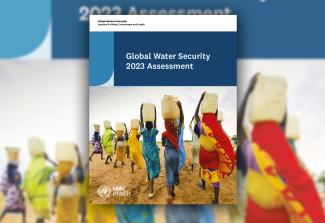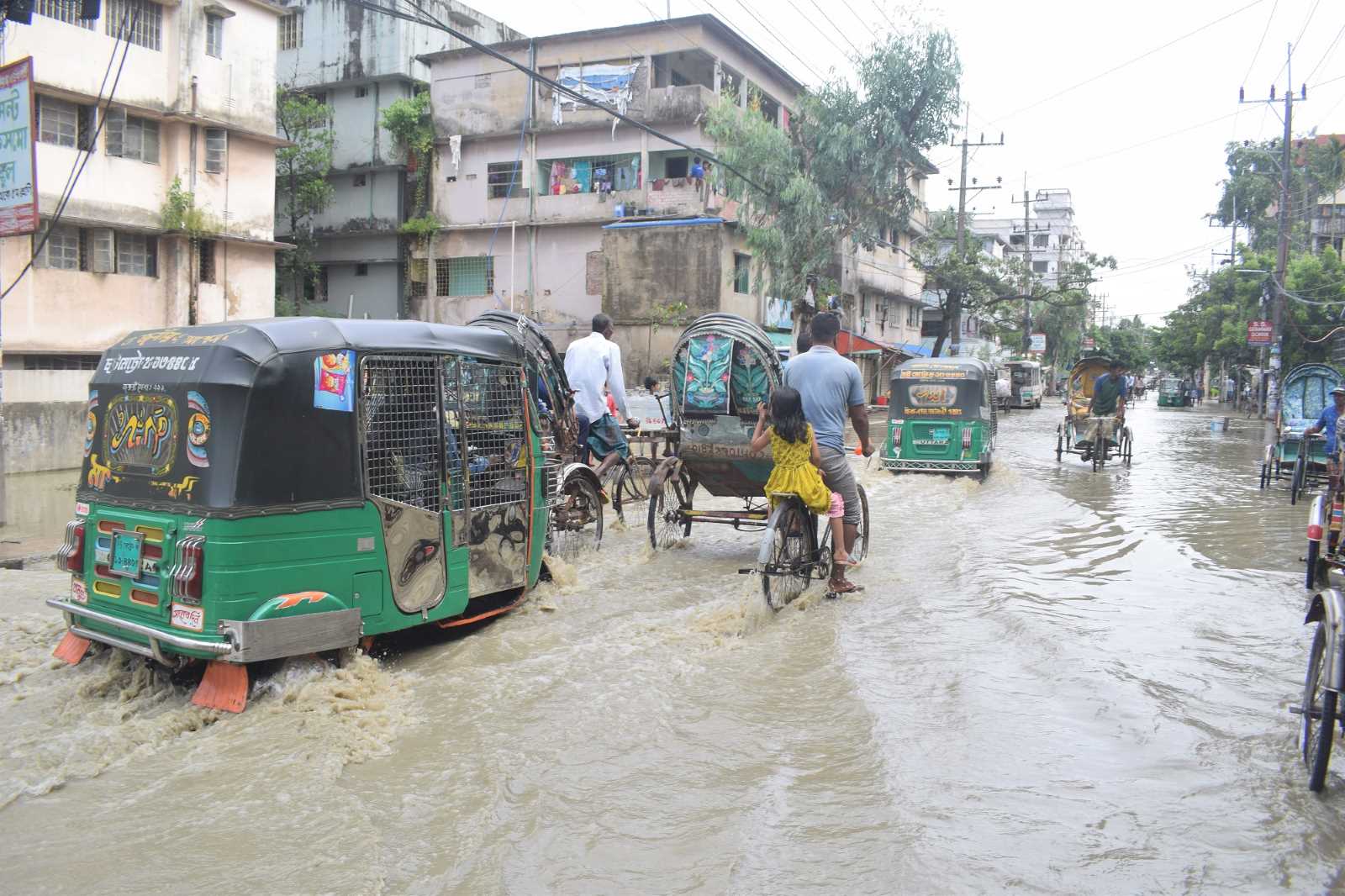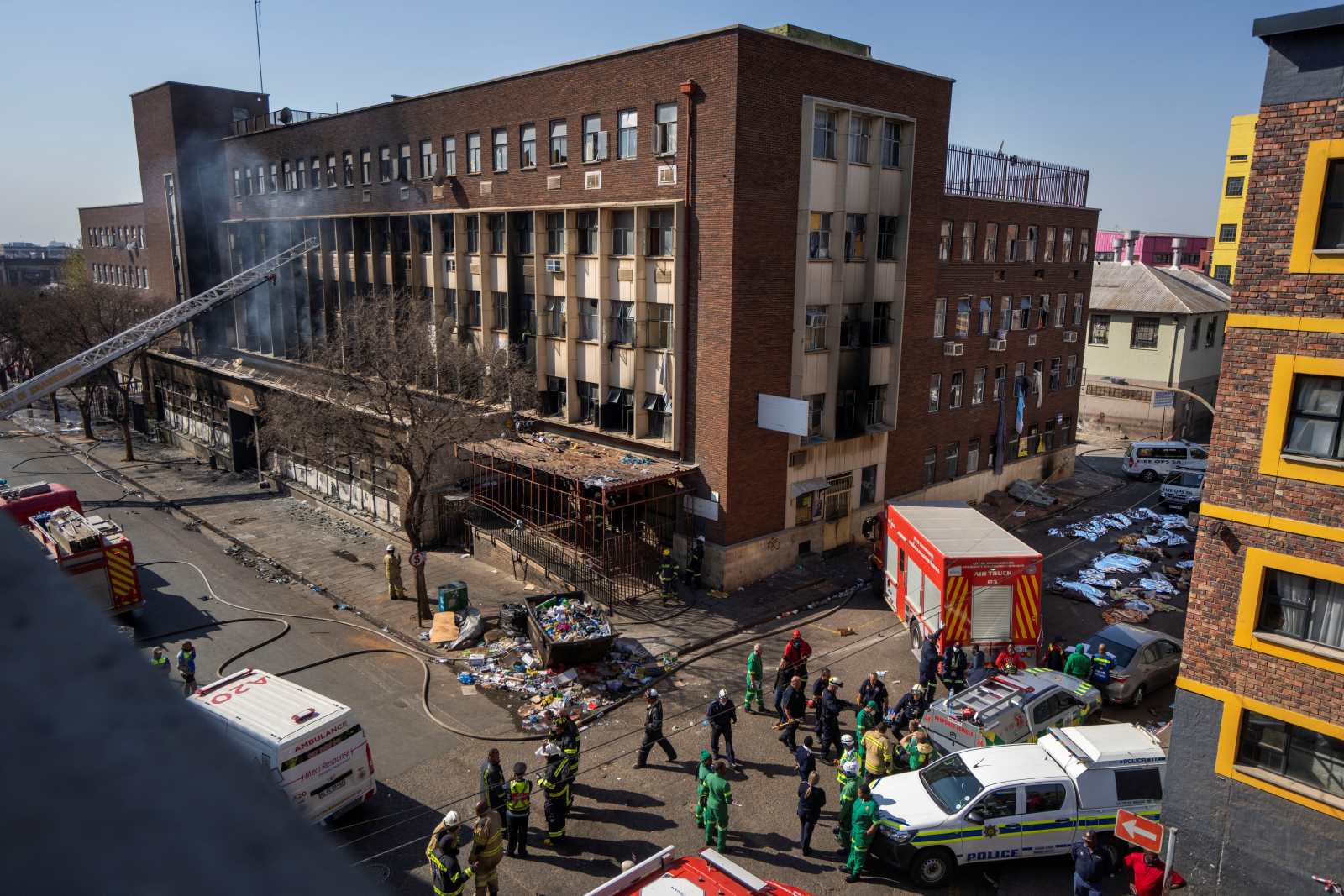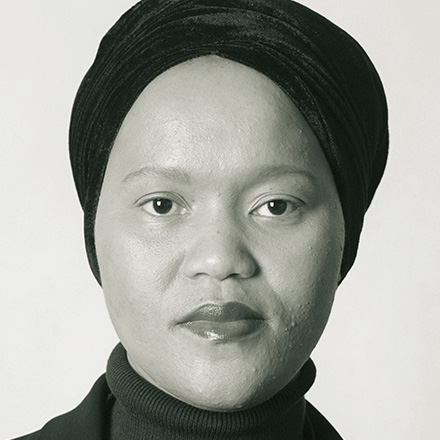SDG6
UN report critical of poor water supply

The Water Action Decade was launched by the UN five years ago. The idea was to intensify global efforts for Sustainable Development Goal 6: Access to water and sanitation. Halfway through the decade, the UN University’s Institute for Water, Environment and Health (UNU-INWEH) took stock of the global water. It assessed the state of water security for more than 7.7 billion people in 186 countries.
Its report – the “Global Water Security 2023 Assessment” – points out that access to safe drinking water and sanitation is crucial for all aspects of human health, well-being and socioeconomic development. However, the majority of the world population lacks adequate access. More than 70 % (5.5 billion) have no safe drinking water supply. Proper sanitation would help, yet over 22 % of the world’s population (1.7 billion) have no access to even basic sanitation services. More than half have to get by without safely managed sanitation.
The report’s authors point out that death and disease due to contaminated water are preventable and should not be a problem anywhere in the 21st century. Nonetheless, contaminated water claims more than a million lives a year, with children under five accounting for a disproportionate number of the fatalities. The UN researchers decry the situation as unacceptable.
Water security levels lowest in poor countries
The study finds that guaranteeing global water supply is made difficult by population growth, global economic competition and violent conflicts. But other issues matter too. Problems are compounded by the wide-ranging impacts of climate change.
The regions with the lowest levels of water security are in Africa and South Asia. The largest swath of humanity living in countries considered water insecure – 4.3 billion – is in the Asian Pacific region. Another 1.3 billion live in the Horn of Africa, the Sahel and parts of West Africa.
Low-income countries are the least water secure. Of the 23 countries with critical water situations, 16 are on the UN list of least developed countries (LDCs). Seven are small island developing states (SIDS).
However, the INWEH researchers point out that a high-performing economy does not automatically mean greater water security. The Bahamas, for instance, is a high-income country but has a comparatively low water-security rating.
Conversely, there can be marked differences in the water-security status of countries with similarly performing economies. Libya and Malaysia are a good example: the former is critically water-insecure, the latter ranks much higher in the national water security table.
Faster progress needed to reach water goals
The authors bemoan that, despite the UN Action Decade, global water security is improving too slowly. By 2030, a billion people will still have no access to safe drinking water and 2.8 billion will not have access to safely managed sanitation.
The World Health Organization (WHO) and the UN Children’s Fund (UNICEF) note that progress needs to be four times faster for SDG6 to be achieved by 2030. Without more effort on water, the other SDGs are also at risk.
The authors emphasise that good data is essential for development efforts, funding and legislation to be designed effectively. Moreover, they stress that many of the aspects examined are interdependent. This means that an improvement in one area would very likely lead to improvements in others.
LINK
Global Water Security 2023 Assessment:
https://inweh.unu.edu/global-water-security-2023-assessment/
Mustafa Shrestha is an online journalism student at Darmstadt University of Applied Sciences. He wrote this article as part of his internship at D+C/E+Z.
euz.editor@dandc.eu












